Have you heard of a double-strung harp? No? Neither had I, until author, musician, and self-proclaimed “harp rebel,” Cindy Shelhart, placed her first order with Gorham Printing. This is one of the many perks about working here: learning new things about different professions that I otherwise wouldn’t be exposed to!
Cindy discovered the harp by chance and never looked back. Like many of our authors, once she found her passion there was no stopping her. She now composes as well as performs and teaches, which led to her printing her books with us. I was able to ask Cindy some questions about her journey to the harp and to Gorham Printing.
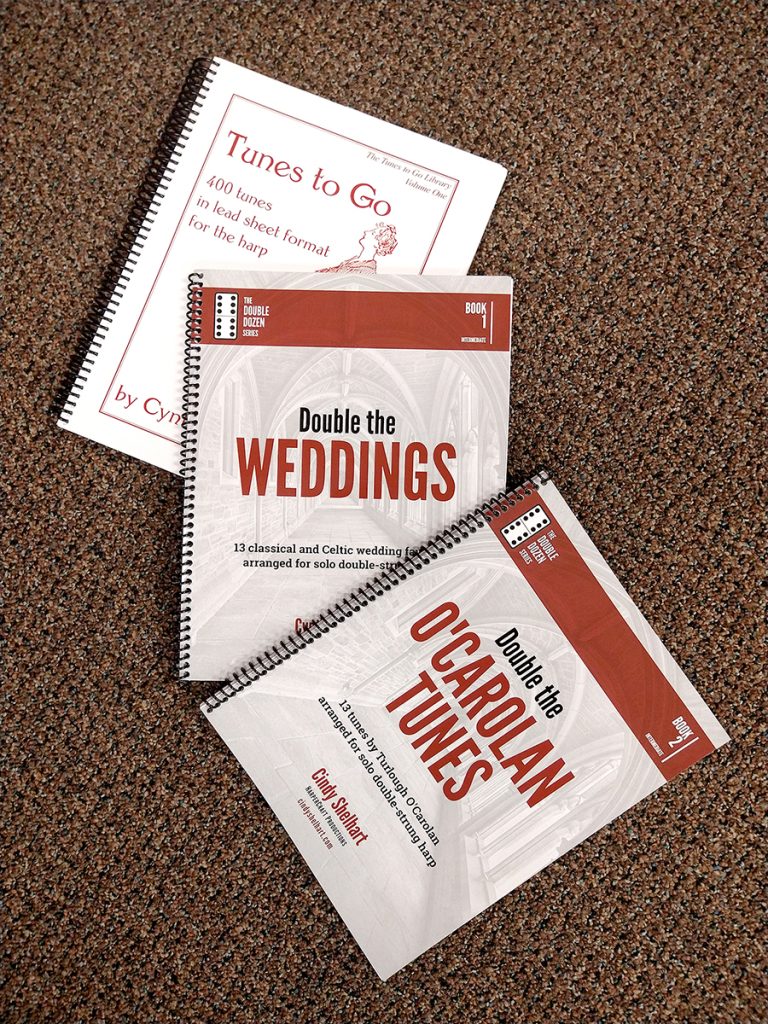
Gorham Printing: I know you perform historical, traditional, and original music today, as well as teaching music to others. How did your relationship with music begin?
Cynthia Shelhart: I sang in choirs, learned to read music in general music class, and taught myself to play recorder. After years of waiting, the right piano—and piano lessons—came my way in 6th grade. My first recital piece was an arrangement of The Blue Danube!
GP: You’re an expert on double-strung harp. What drew you to the harp? Do you play any other instruments?
CS: After years of singing and playing piano, guitar, recorders, and harpsichord, I literally found the harp by accident. During my first summer of grad school at Penn State, I had a hole in my schedule, and the harp instructor was teaching an elective class. The stars aligned, I signed up—and that was 35 years ago! Later, when the double-strung harp came to the US in 1992 from Wales, I became its earliest adopter, and now I’m known worldwide as a double harp expert.
GP: What inspired you to make the jump from performing music to writing instructional books?
CS: I’ve always been a teacher as well as a performer, and I write books for harpists that I also use myself!
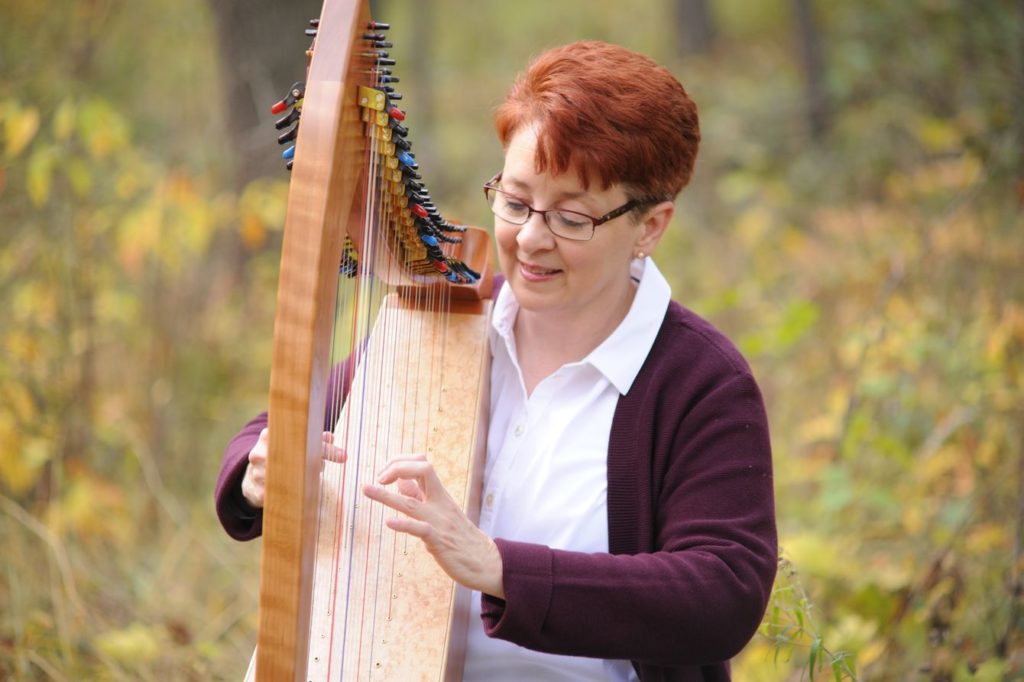
GP: What kind of features are important for a music instructional book?
CS: I’d say that clear, easy-to-read music notation is a must. And customers love how my coil-bound print books lay flat on a music stand. Digital books are also popular, as more musicians turn to tablets for reading and annotating PDFs.
GP: When you decided to get your books printed, what kind of options did you consider? What led you to short run printing?
CS: As a solopreneur with a small budget, I’ve always printed books in small batches, but I needed something a step above my local copy shop. I also wanted a printer with a strong online presence, so that I could work digitally from anywhere. And the gamechanger was coil binding—not every printer offers this! Gorham has been a dream come true for my business.
GP: My favorite question to ask: If you could send your books to anyone in the world, who would it be?
CS: Someone on the selection committee for the Edinburgh International Harp Festival (UK). It’s my big dream to perform and present at this festival, to bring double-strung harp to a wider audience!
GP: This is a self-serving question, but I’d love to know: as someone who has never played a musical instrument, what is the best piece of advice you would give an adult learning to play for the first time?
CS: It’s never too late! Adult learners get to do it for themselves—no pressure from parents or school.
GP: Where can people find out more about you and your books?
CS: On my website, on Facebook and Instagram (@cindyshelhart), and on my YouTube channel.
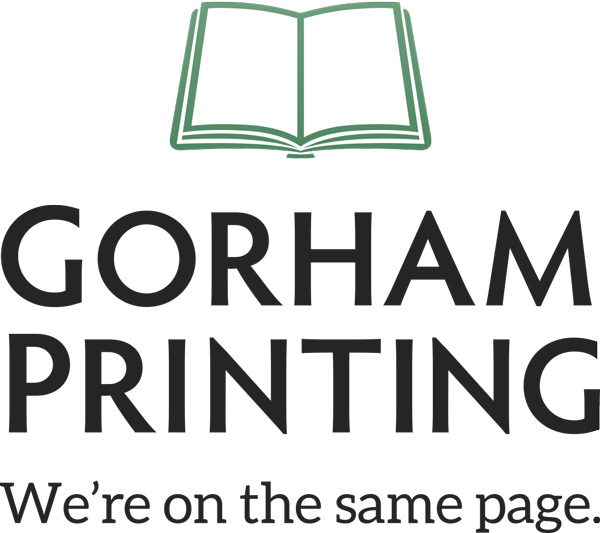
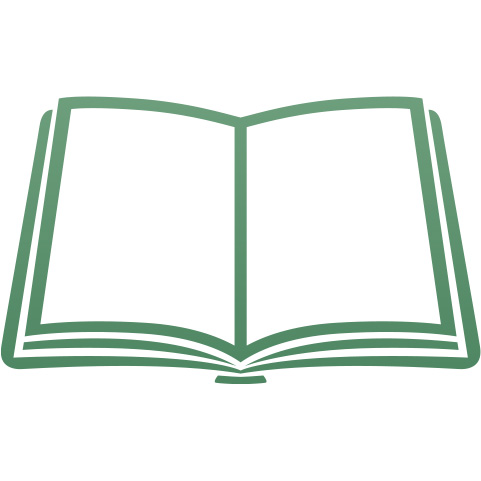
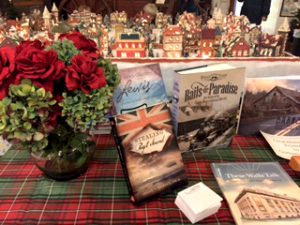


Wow—-nice people.